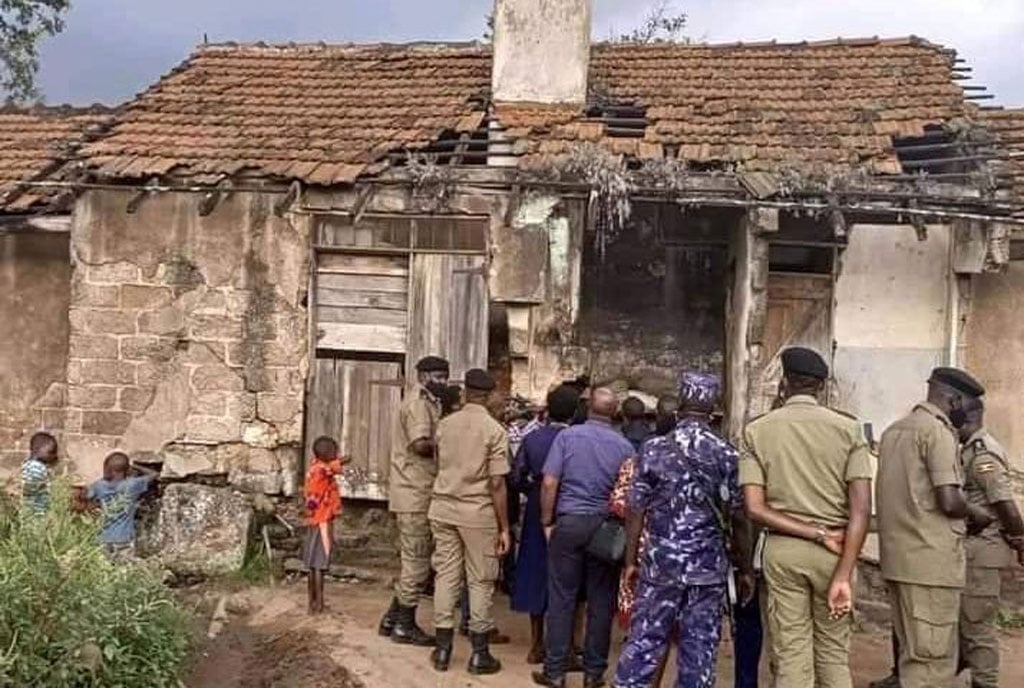Tanzanite dealers praise Magufuli’s wall directive

What you need to know:
- The dealers said yesterday some of the tough decisions made by the Head of State were long overdue.
Arusha. Tanzanite dealers have welcomed President John Magufuli’s array of measures to streamline the mining and export of the rare gemstone.
The dealers said yesterday some of the tough decisions made by the Head of State were long overdue.
Among the measures President Magufuli announced when he opened the 26-kilometre road linking Mirerani with Kilimanjaro International Airport yesterday is the construction of a wall around the 15 square-kilometre site to curb smuggling of the gemstone.
A vividly happy chairman of the Tanzania Mineral Dealers’ Association (Tamida) Sammy Mollel said the announcement by the Head of State would certainly ensure Tanzanians and the economy benefited from the gemstones found nowhere else in the world.
“This is a patriotic measure,” he told The Citizen as several prominent gemstone traders trooped to his office in the heart of Arusha to take stock of the measures contained in President Magufuli’s hard-hitting speech against illegal dealings in the gemstone industry.
He added that the announcement by Dr Magufuli was commendable because it would cut down illegal exports of tanzanite gemstones and make sure that only licensed dealers featured in the industry.
Mr Mollel, a prominent gemstone dealer, wondered why the construction of a wall around the mining site had taken so long. He said the idea was first mooted way back in 2002 by a team comprising government officials and major dealers.
“I was one of the signatories of the Tanzanite Tucson Protocol, which recommended the building of the wall around the mine area; this was one of the several measures (proposed) to clear the tanzanite industry of illegal networks,” he said.
The Protocol was formulated in Tucson, Arizona in the US, following intensive consultations between Tanzanian government officials, tanzanite traders and the major buyers from across the world after the gemstone was associated with Osama bin Laden’s terror activities.
“It has taken us 15 years to implement what was decided in 2002. We are delighted by President Magufuli and his team,” he said, noting that the Protocol was also aimed at legitimising the tanzanite business.
Other proposals contained in the agreementm made on February 8, 2002, are the construction of a police station at Mererani, to ensure that only licensed businesses, which pay taxes, among other requirements, are allowed to operate.
According to Mr Mollel, 99 per cent of the tanzanite end up in the US market, whether it is directly exported from Tanzania or through other countries such as Kenya, India and Thailand.
The new measures are unlikely to please “notorious, illegal exporters and tax evaders”, the Tamida chairperson noted. But that should not stop “serious investors and legitimate dealers” from celebrating.
He added: “Now, we plead with the government to make sure that all tanzanite businesses are in the hands of Tanzanians.”
Mr Mollel also appealed to Immigration authorities to simplify the process for visitors from overseas to acquire visas and permits; and for the scrapping of import duties on mining equipment, now that Mererani is set to become the main bazaar for the sales and marketing of the gemstone.
Brokers, exporters, traders, miners, investors and allied stakeholders in the tanzanite industry in and around Arusha keenly followed President Magufuli’s speech, which was broadcast live from Mererani by some local TV stations.
After the speech, some brokers and small-scale dealers thronged the heart of the city -- especially along the Azimio and the adjacent Pangani streets -- to disccuss their future in the industry now set for tough controls.
Outside the OTTU building where small gemstone firms had offices until the building was closed for a major facelift, there was a large crowd of dealers pondering on the speech.
They include those who wondered if at all the new measures would stop all illegal dealings in the tanzanite business, including illegal mining.
However, a broker who identified himself as Emmanuel Selemani affirmed: “If the government has decided, nobody can stop what it had decided. Tax evasion is rife in this country. The government simply does not get enough tax.”
Another dealer, Mr Lameck Buruya said: “You can’t control tax evasion 100 per cent, but the construction of a wall around the mines can help in a big way.”
President Magufuli directed the Tanzania People’s Defence Forces (TPDF) to build the wall covering blocks A, B, C and D at the 81.99-km square of the Mererani mining site. “I was so saddened by the findings of reports from the Parliamentary probe team formed by Speaker Job Ndugai. It shows how much the resource benefit a few. I don’t want this to happen again,” said the President, who is on a three-day official visit to Manyara and Arusha regions.
Besides curbing irregularities and the smuggling of tanzanite, Dr Magufuli noted that the steps taken would add value to Tanzania’s unique gemstone on the world market.




